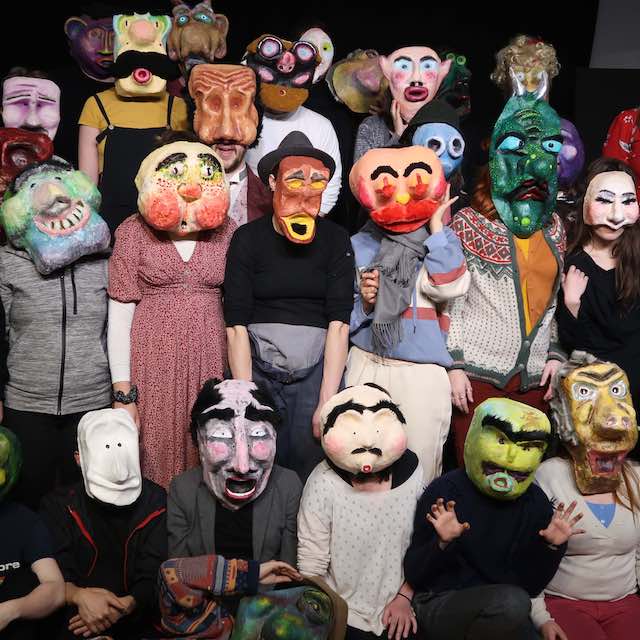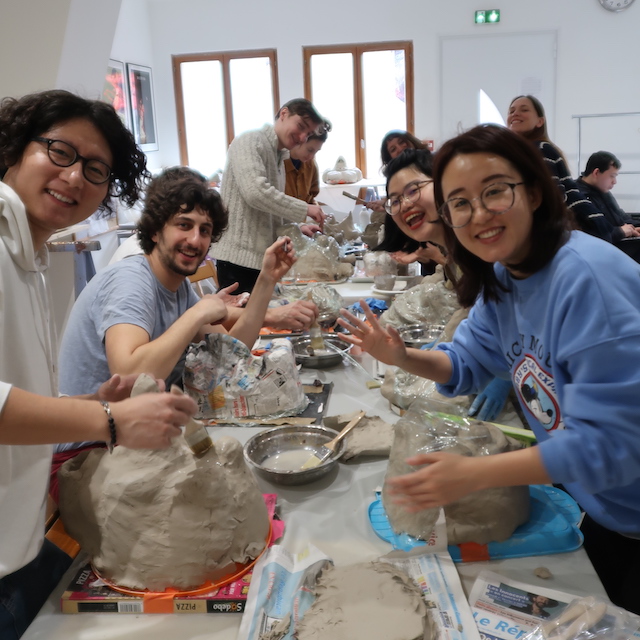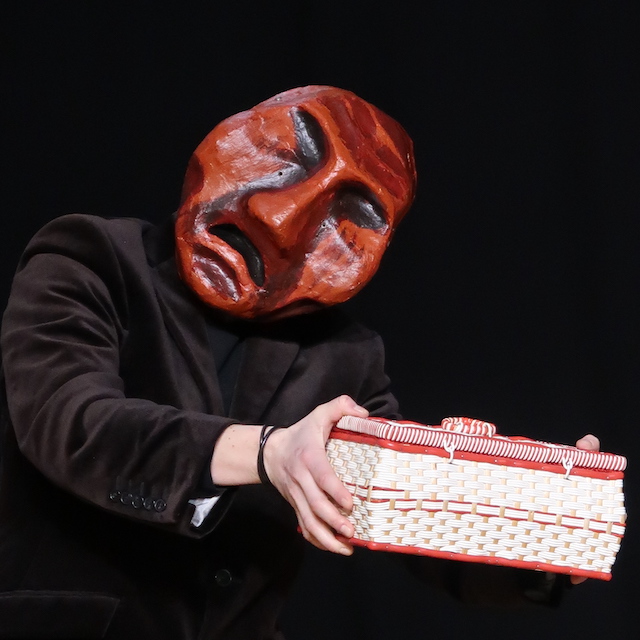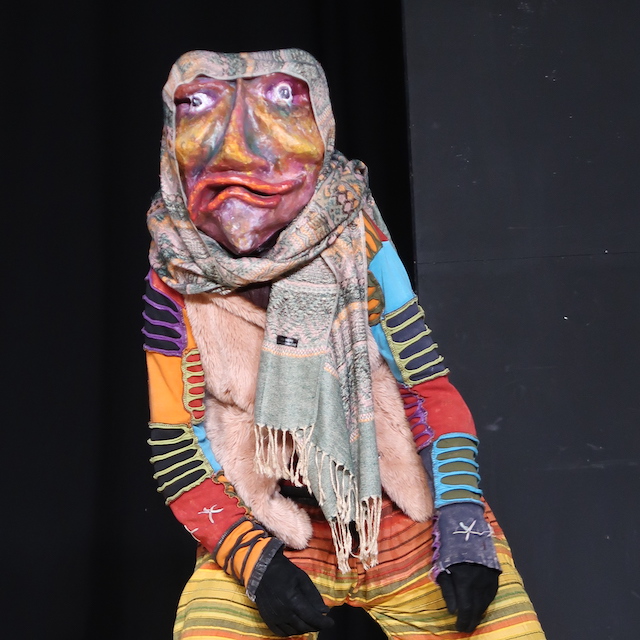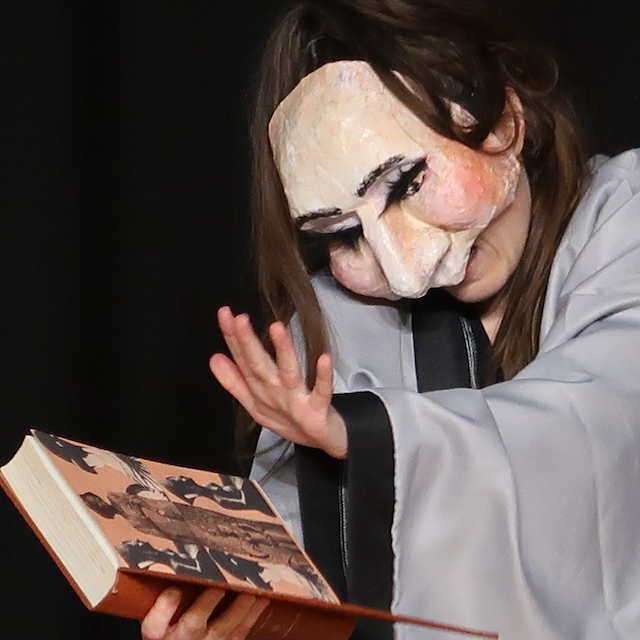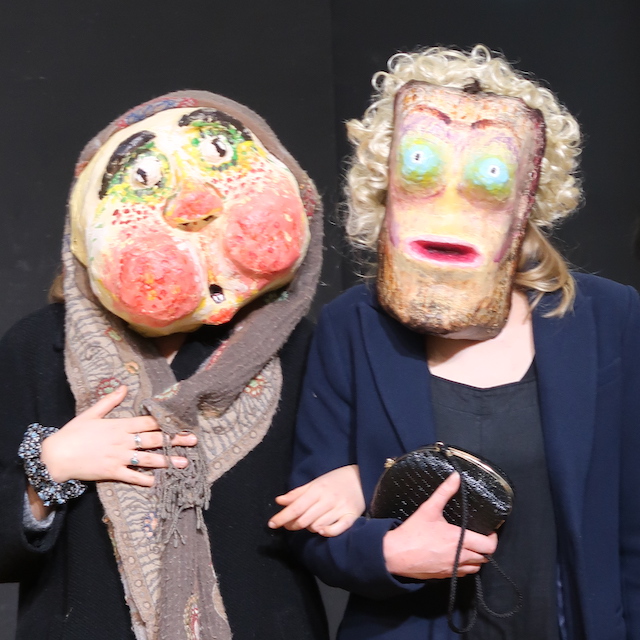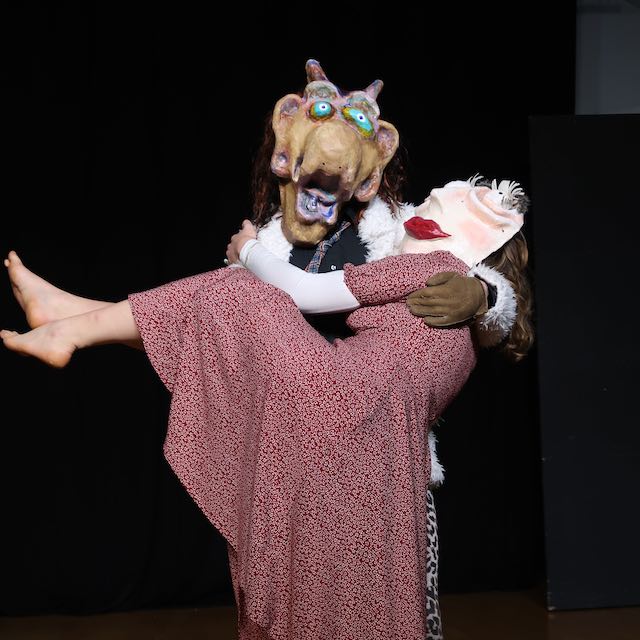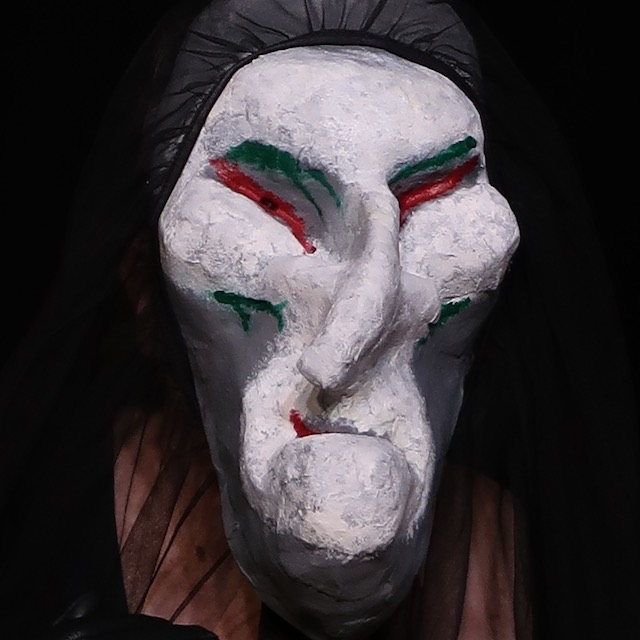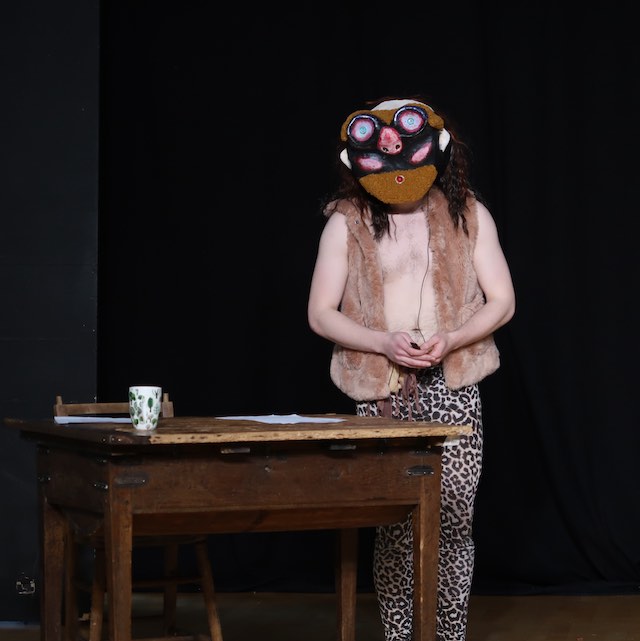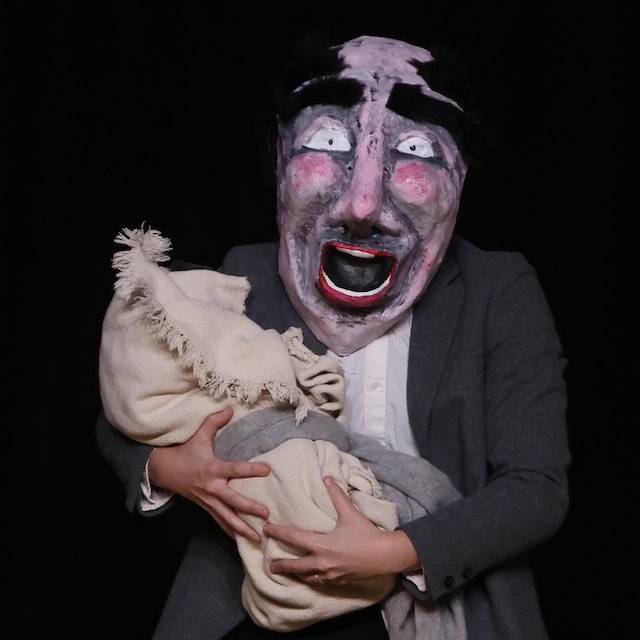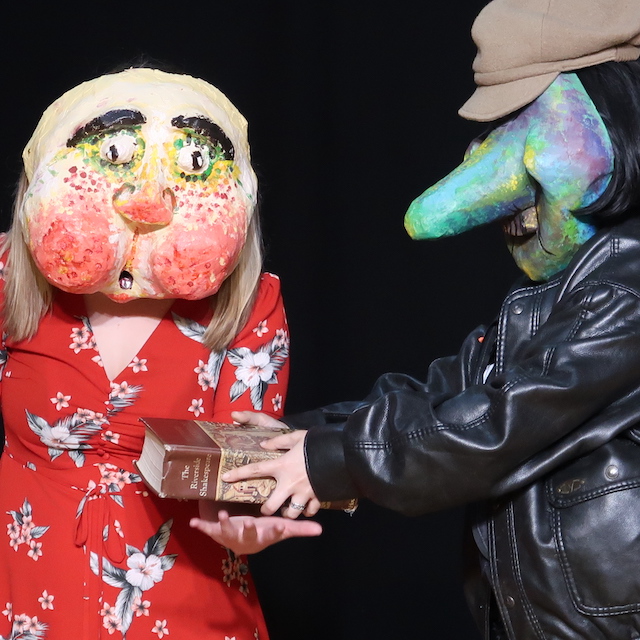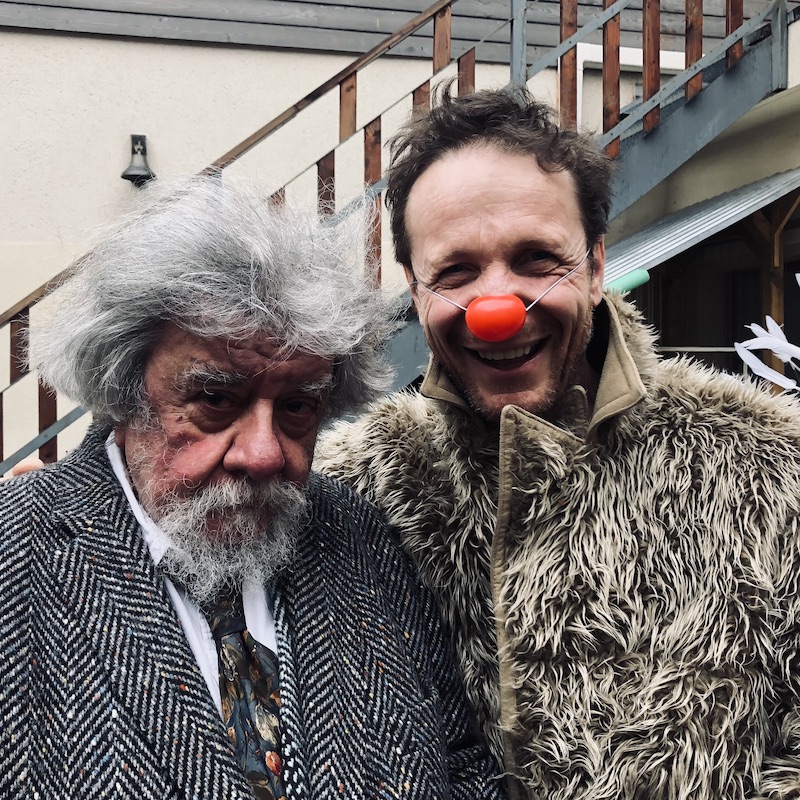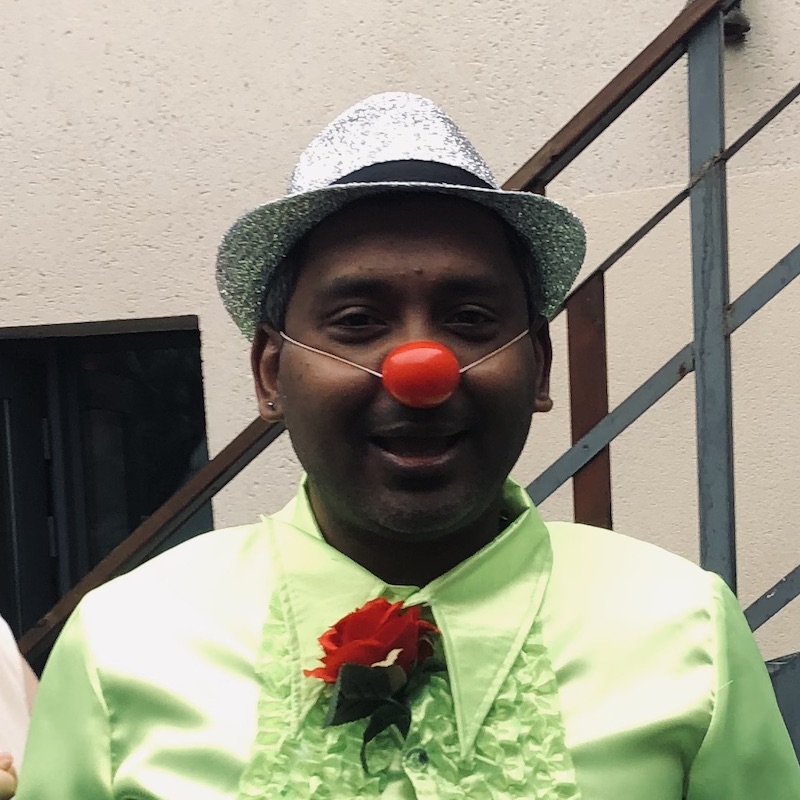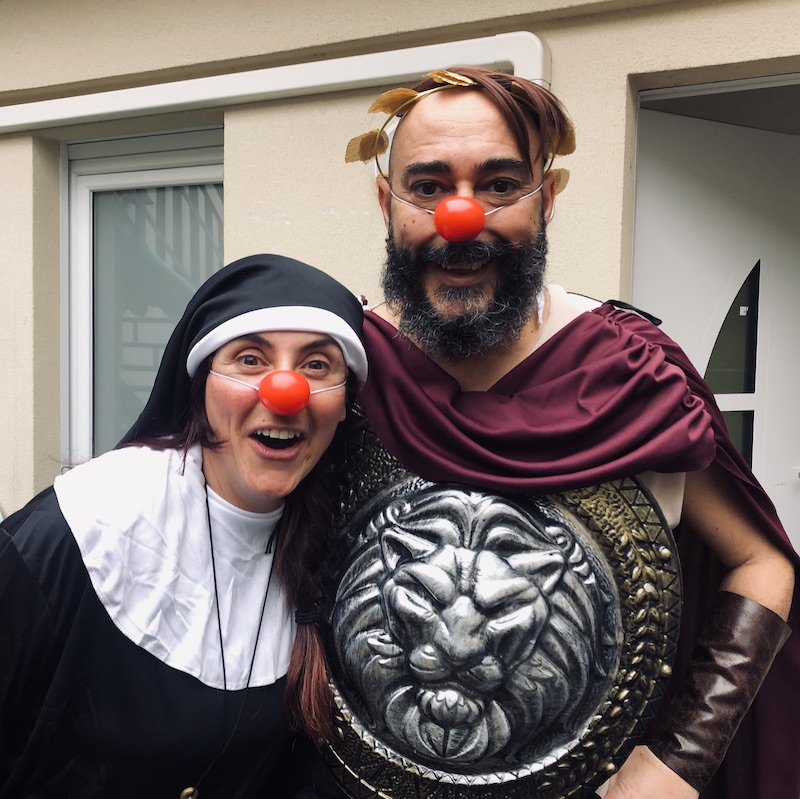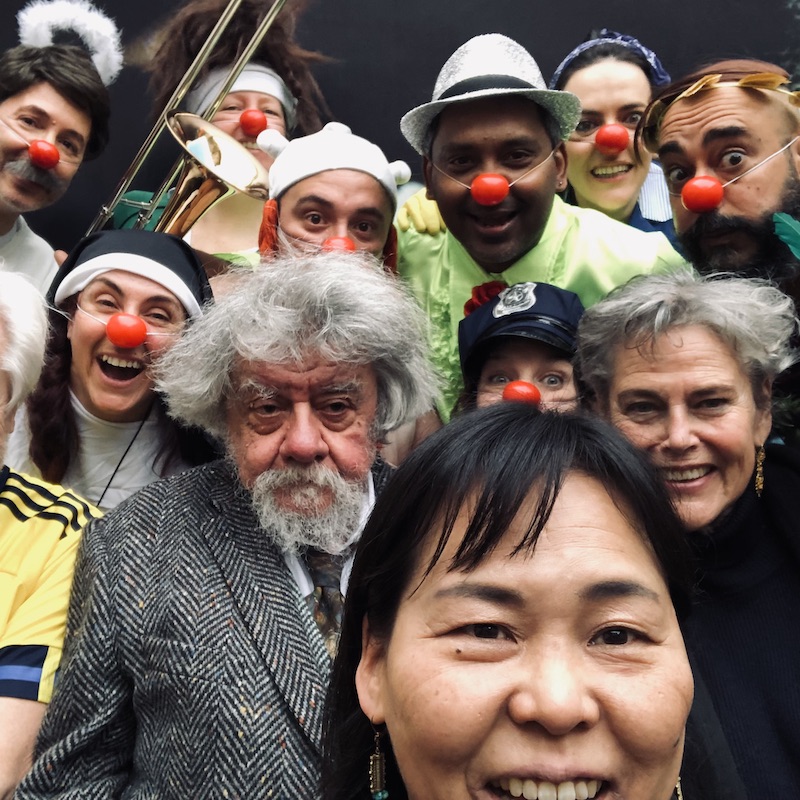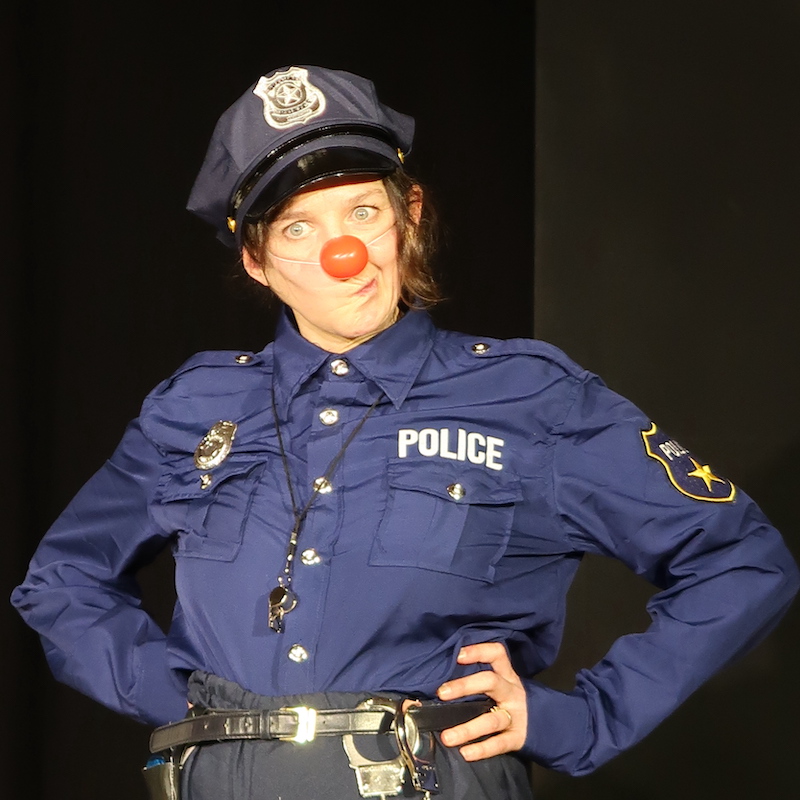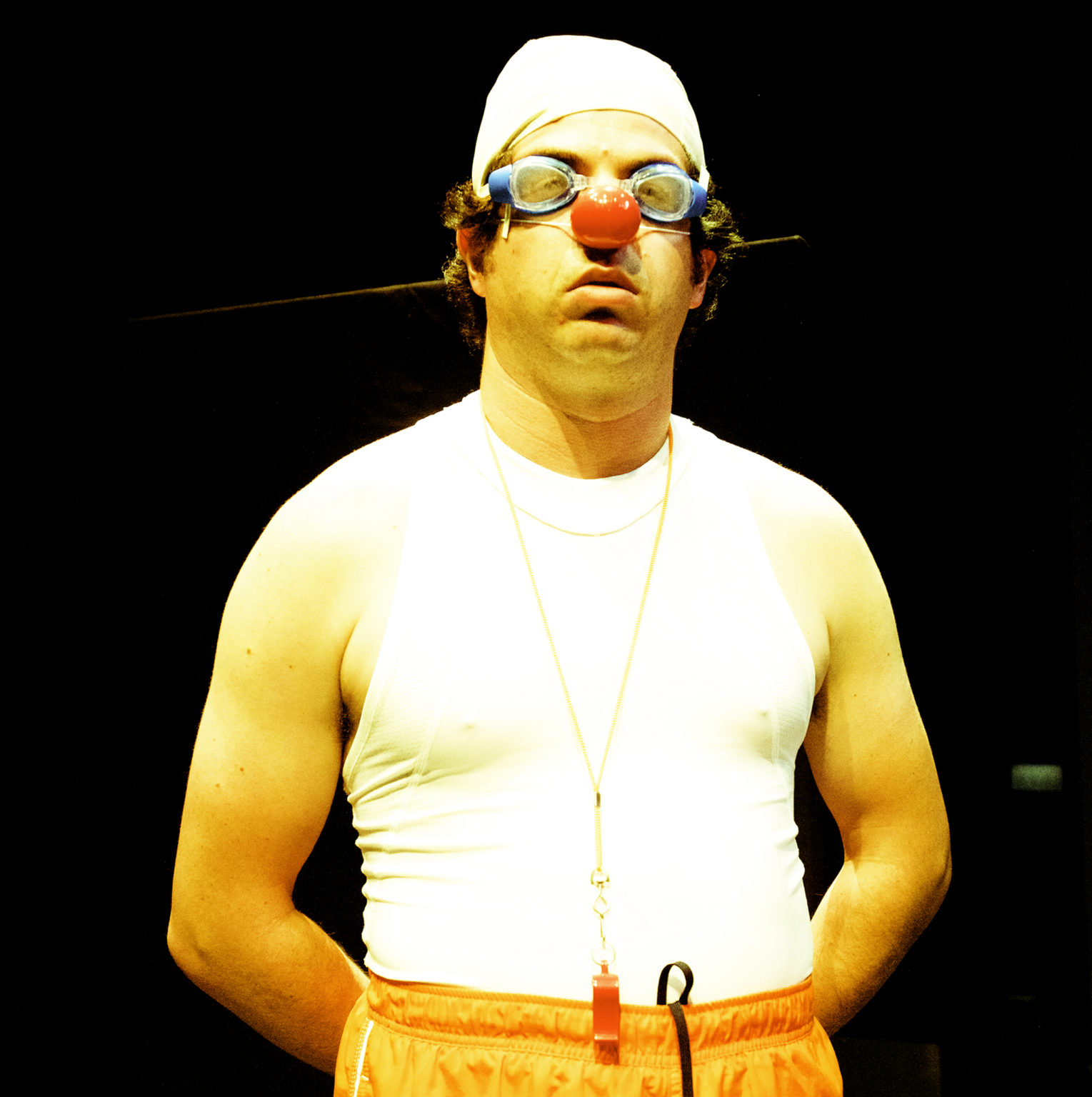YEAR COURSE - Spring term / April-June
The Spring Course is made up of two different subjects which follow the stream of Philippe Gaulier’s pedagogy. This programme is a challenge course.
Masked Play will teach us what theatrical effects will captivate the audience. The actor must try many things to give life to the mask. How should we move
and what rhythm should we give? One day, if your mask starts to be alive, let’s try to discover the story of this mask and follow the world of this mask.
Atelier of Mask creation will be open everyday. We will create own mask and create piece of theatre.
Clowns ( 4 weeks ) You arrive at the final class. Philippe Gaulier is well know as a Clowns master. He wanted to be a tragic actor when he was a student. One day in the class, when he started to act in a tragedic role, all the class were laughing so hard. This is how he discoverd he is clown . He always says, “If you want to understand the poetry of an idiot, it is a long journey. It is very important to know how you will be loved by audience.”
The classes will be hold everyday Monday to Friday
Movement class 90 min + Improvisation class: 120 min
Students may choose to do one course, a number of courses or to do the whole year – it is up to the student to decide.
You can take any combination of courses, it is not necessary to do a full term or a full year.
The discount price was set up for students doing a full term or seasonal courses.
This class has a capacity of 35 people. Classes may be canceled if the number of applicants is less than the specified minimum (20 people).
The discounted price is exclusively available to students enrolled in a full Autumn course.
Philippe turned 80 years old this year, and he will no longer teach, so we appreciate your understanding. The remaining classes will be led by his assistants, who have collaborated for many years. All our teachers have inherited Philippe Gaulier’s teachings and are active artists internationally
Some characters need a costume and make-up to live. The character follows the actor faithfully.Other characters demand costumes and make-up, plus a mask. It’s different. Very different. the mask doesn’t follow. it comes first. The actor follows. Operates it. Manipulates it. A mask gives incomparable impulses. Masks studied: those of the carnival of Basel, of the Commedia dell’Arte, those which the students make.
The time for lightness has arrived. Moliere, and Goldoni will lend their texts to the actors who will have a lot of fun, like the fun we have in Seville the week of feria, late into the night and into the early morning. Here, everything is entertainment, charm, distraction, enjoyment, serenade, nonchalance.
It’s true that playing is a luxury and that one plays better when hunger is not gnawing away at one’s stomach. An actor who played beneath two thousand light projectors without showing in his eye the desire for something useless, extremely useless but very desirable, would not be good. Schools open the atelier and students make their own masks. Students will present short pieces with their own Mask at the end of 4 weeks work.
For a number of reasons, the clown is placed at the end of all these experiments with play. Why? Finding one’s own clown, in other words a unique idiotic character, is an important moment in a student’s life. It’s good to do this when everybody knows each other, likes each other and it helps when everybody is ready to let idiotic, silly, mad things burst out because the pleasure of being together has been great. The second reason: the way in which the clown plays is very special. He uses not only his normal virtuosity as an actor, but also the frequent appearance of a playmate: the flop.
In my school, we call him Mr. Flop, because we treat him with a hell of a lot of respect. It is funny that playing with Mr. Flop happens after many many other flops that weren’t at all deliberate, that weren’t playmates. Then, Mr. Flop says to the clown: salvage what you can. So the clown lets the audience see the great delight of a child who wants to stay on the stage, and who lets out a very special yell. We carry on loving him. He has saved the show.
This childish pleasure is like that of one of my sons who when I ask him to go to bed, because it is late and friends are there drinking and having fun around the table, goes off muttering that none of this is fair and he is not tired. Five minutes later he’s back again, hugging the walls, hiding behind the furniture, the curtains. He will pop out soon. He will let out a very special yell and show his great desire to stay. OK – ten minutes but no more.
If the pleasure in staying is great, then the clown is forgiven. He’s allowed to be no good over and over again. If the pleasure is not great, the clown will look like someone ashamed at being no good. He won’t be loved. We’re back to this notion of pleasure which throughout the year will refuse to leave us alone.
